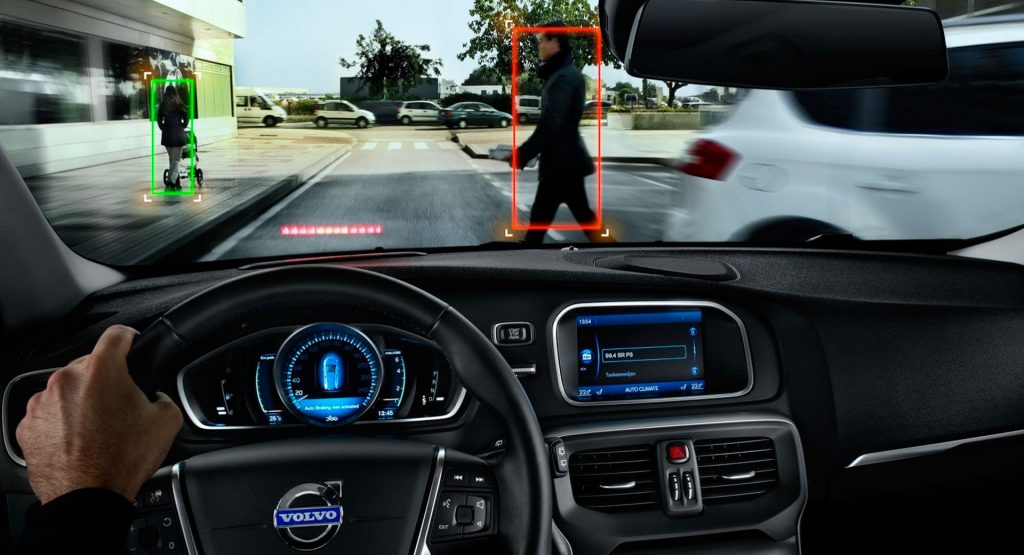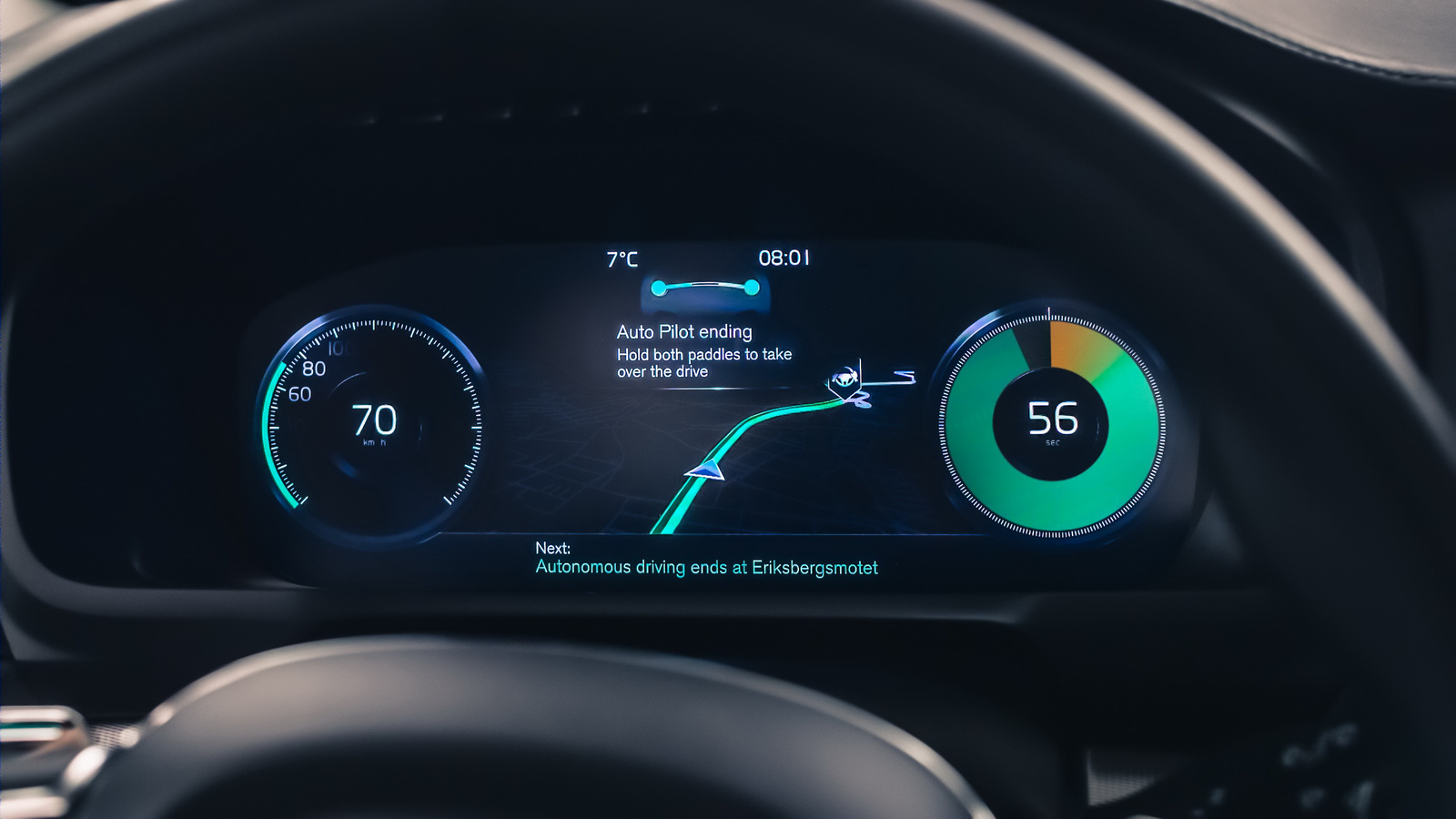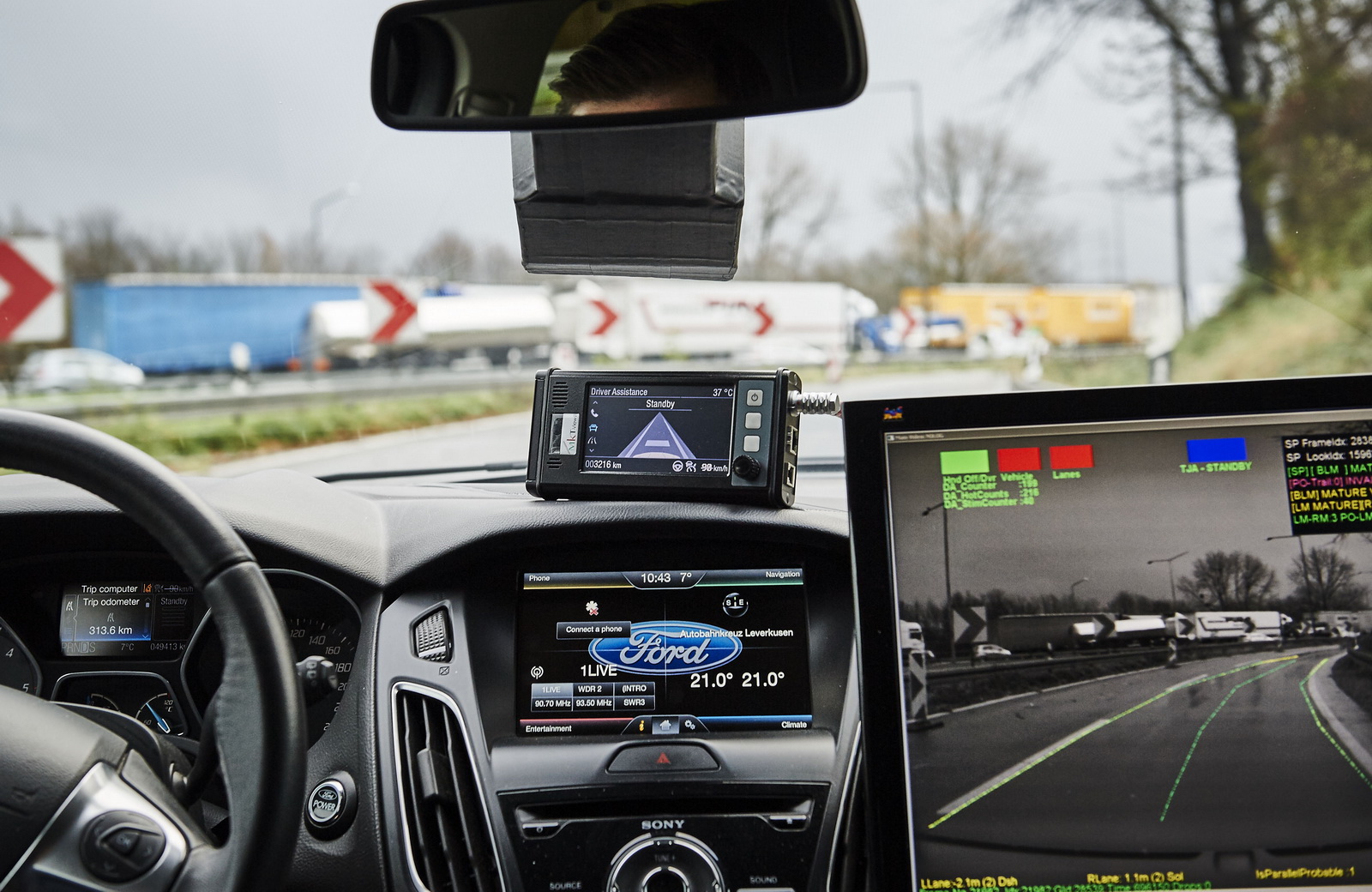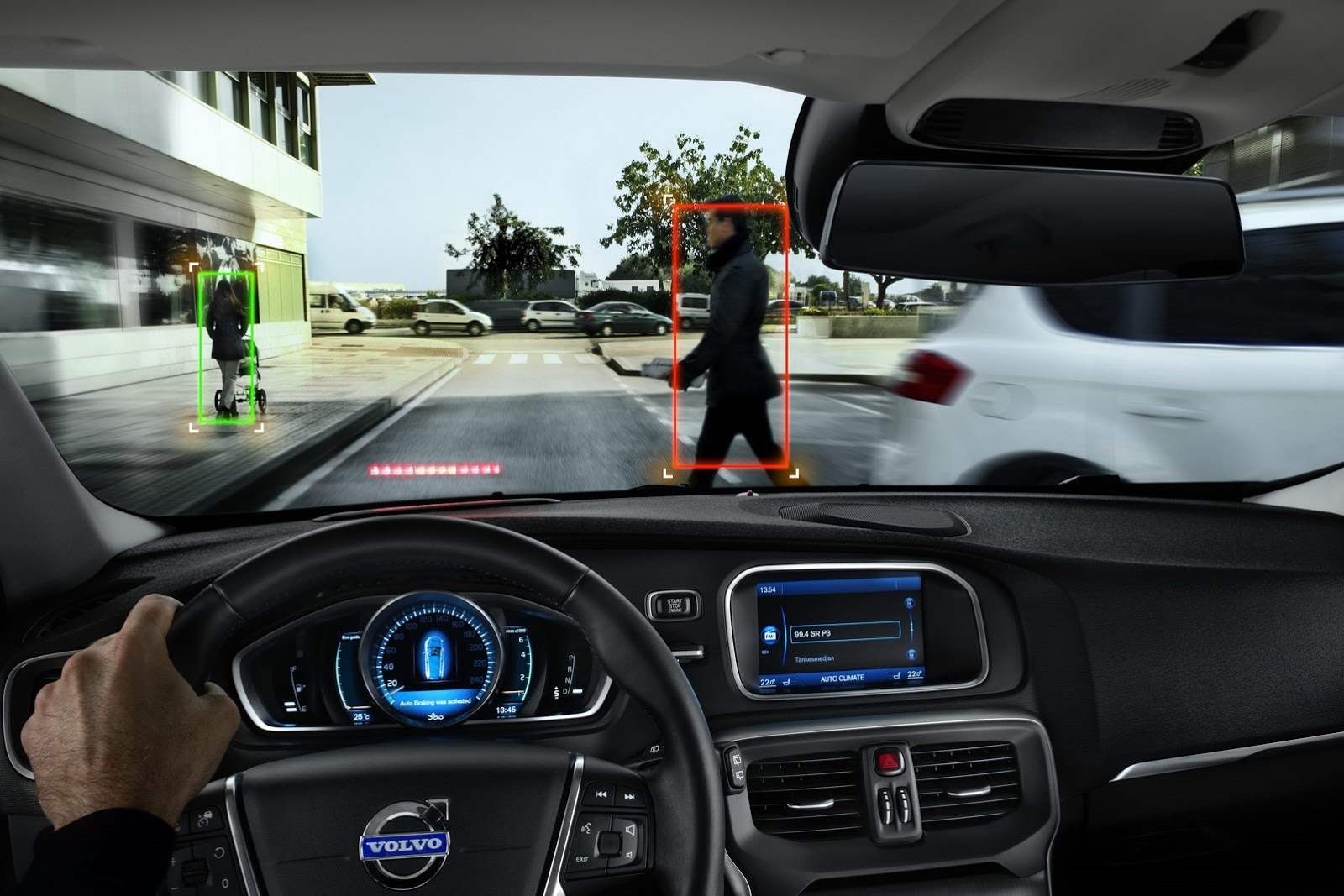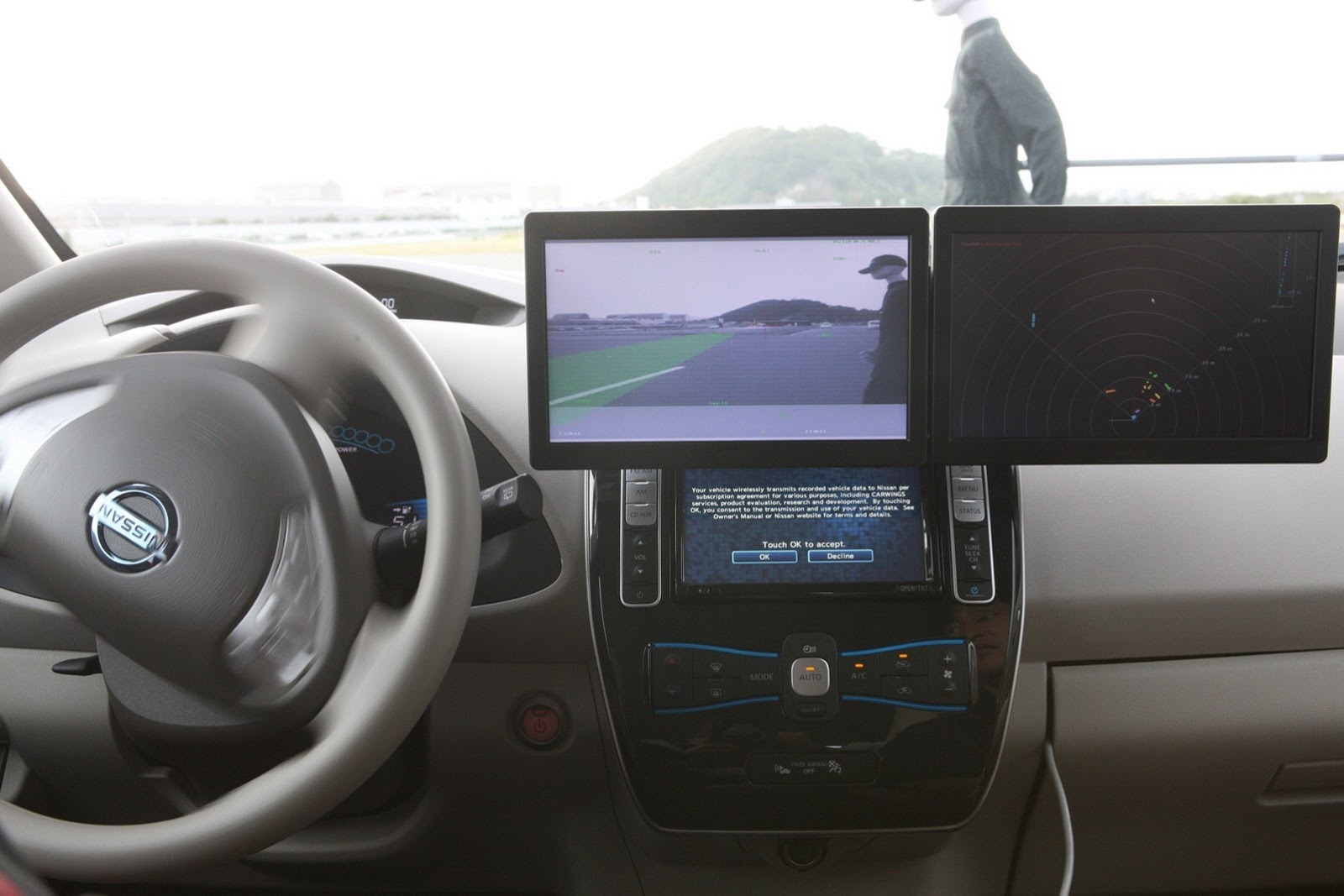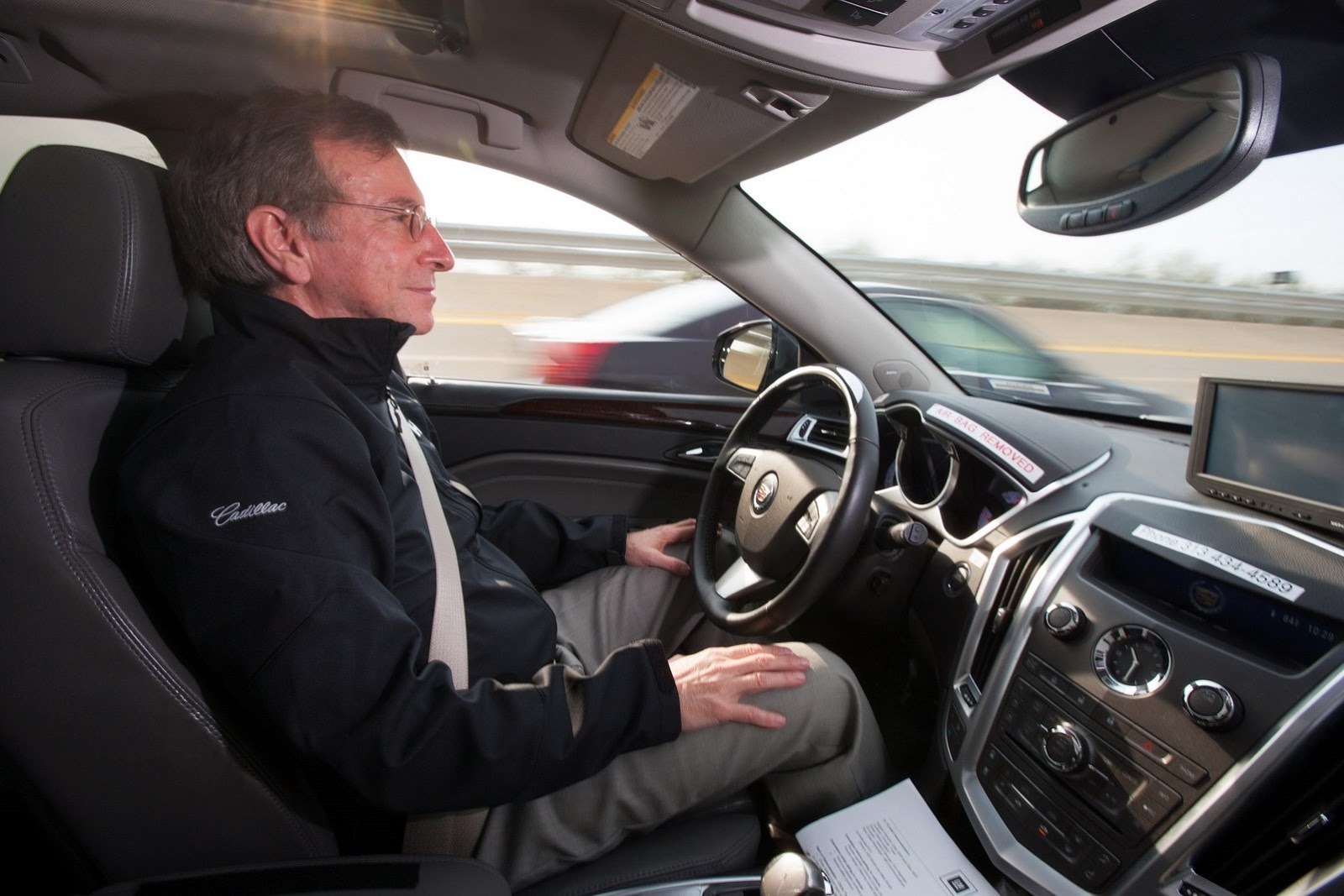U.S. automakers and technology companies are engaging in an all-out war to bring autonomous technologies to the roads as soon as possible. In Japan, however, things are very different.
Whereas American brands are publicizing every tiny detail of their self-driving programs, those in Japan are keeping their cards closer to their chests. According to Forbes, this isn’t because Japan’s technology is lagging behind but rather because local firms are adopting a go-to-market strategy.
According to co-founder of AI company Preferred Networks, Daisuke Okanohara, road-testing of autonomous technology, as is common in the United States, is just as much about marketing as it is technological development.
“I don’t think there are significant differences in the state of autonomous car development between Japan and U.S., but each has a different attitude on how to realize their vision.
“For example, in Japan we have a rapidly aging population. A lot of elderly people rely on cars for transportation, and we’re seeing an increasing number of tragic traffic accidents caused by elderly drivers.
“Since this is an important part of the demand for autonomous vehicles and advanced driver-assistance systems (ADAS), Japanese companies naturally place a great importance on demonstrating safety and reliability,” Okanohara revealed.
The U.S. has more relaxed on-road testing laws
By comparison, U.S. automakers are targeting a younger audience, particularly those concerned with innovation.
The differences don’t stop here. Whereas many in the U.S. believe the widespread adoption of autonomous technology will come through driverless taxi fleets, those in Japan have other priorities.
“Autonomous taxis get a lot of attention, but they will not be a practical for a while… The first widespread commercial use we will see will be autonomous bus services in rural areas,” chief executive of Softbank’s driverless vehicle subsidiary Yuki Saji said.







